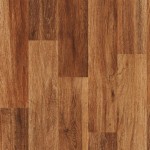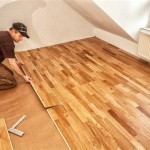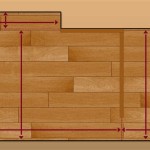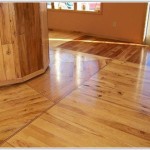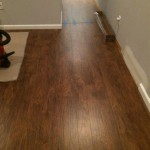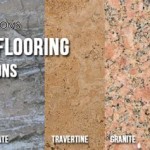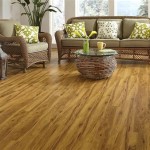Linoleum Flooring Removal From Wood
Removing linoleum flooring from a wood subfloor can be a challenging task, but with the right tools and techniques, it can be accomplished successfully. Linoleum flooring, known for its durability and affordability, is often glued to the subfloor, making its removal a bit more involved than simply pulling it up. This article will guide you through the process of removing linoleum flooring from a wood subfloor, outlining the necessary tools and techniques for a safe and efficient removal.
Preparing for Linoleum Removal
Before embarking on the removal process, it's crucial to prepare the area and gather the necessary tools. To ensure a safe and efficient removal, follow these steps:
- Clear the Area: Remove all furniture, appliances, and other items from the room.
- Protect Yourself: Wear safety glasses, gloves, and a dust mask to protect yourself from dust and debris.
- Ventilate the Room: Open windows and doors to allow for adequate ventilation, as the removal process can generate dust.
- Gather Tools: Assemble the following tools:
- Utility Knife
- Pry Bar
- Hammer
- Scraper
- Heavy-Duty Trash Bags
- Shop Vacuum
Removing the Linoleum Flooring
Once the area is prepared, begin removing the linoleum following these steps:
- Score the Linoleum: Using a utility knife, score the linoleum in sections. This creates lines of weakness, making it easier to break it apart.
- Score the linoleum along seams or joints, if present.
- If there are no seams, create squares or rectangles approximately 2 feet by 2 feet.
- Pry Up the Linoleum: Using a pry bar, gently lift a corner of the linoleum. Work the pry bar under the linoleum and gently pry upwards, separating it from the subfloor.
- Be cautious not to damage the subfloor while prying.
- Work in small sections, patiently removing the linoleum piece by piece.
- Remove Glue and Adhesive: Once the linoleum is removed, you will likely find adhesive residue on the subfloor.
- Use a scraper to remove loose adhesive.
- For stubborn adhesive, apply a commercial adhesive remover, following the manufacturer's instructions.
- Allow the adhesive remover to sit for a few minutes, then scrape it off with a scraper.
Inspecting and Preparing the Subfloor
After removing the linoleum and adhesive, it's crucial to inspect the subfloor for any damage. If the subfloor is damaged, it needs to be repaired before installing new flooring. Here's how to inspect and prepare the subfloor:
- Inspect for Damage: Carefully examine the subfloor for any cracks, gaps, or soft spots.
- These areas need to be repaired to ensure a level and stable subfloor.
- Repair Damage: Use wood filler or patching compound to fill in any cracks or gaps.
- For soft spots, replace the damaged section with new plywood or use a subfloor patch.
- Clean and Sand the Subfloor: Once repairs are complete, clean the subfloor thoroughly with a broom and vacuum cleaner.
- Sand the subfloor to remove any remaining adhesive residue or rough spots.
- This will create a smooth and even surface for the new flooring.
By carefully following these steps, you can successfully remove linoleum flooring from a wood subfloor. Remember to prioritize safety, use the appropriate tools, and take your time. Proper preparation and a systematic approach will make the process easier and ensure a clean and smooth subfloor for your new flooring.

Removing Linoleum Flooring From Wood Subfloor The Easy Way

How To Remove Sheet Vinyl Over Wood Safely Columbia Mo

How To Remove Vinyl Linoleum Tile And Adhesive From Plywood Subfloors

What You Should Know About Removing Old Linoleum Or Vinyl Flooring Hq Longwood Fl

Linoleum Removal And Hardiebacker Board Prep For Half Bath Remodel

How To Remove Vinyl And Linoleum Flooring 2024 Today S Homeowner

Saving Hardwood Floors Removing Linoleum The Easy Way

Pin Von Sy Dyer Auf S Blog Posts

Diy Vinyl Or Linoleum Flooring Removal Dumpsters Com

The Easy Way To Remove Old Black Tar Linoleum Adhesive From Hardwood
Related Posts

